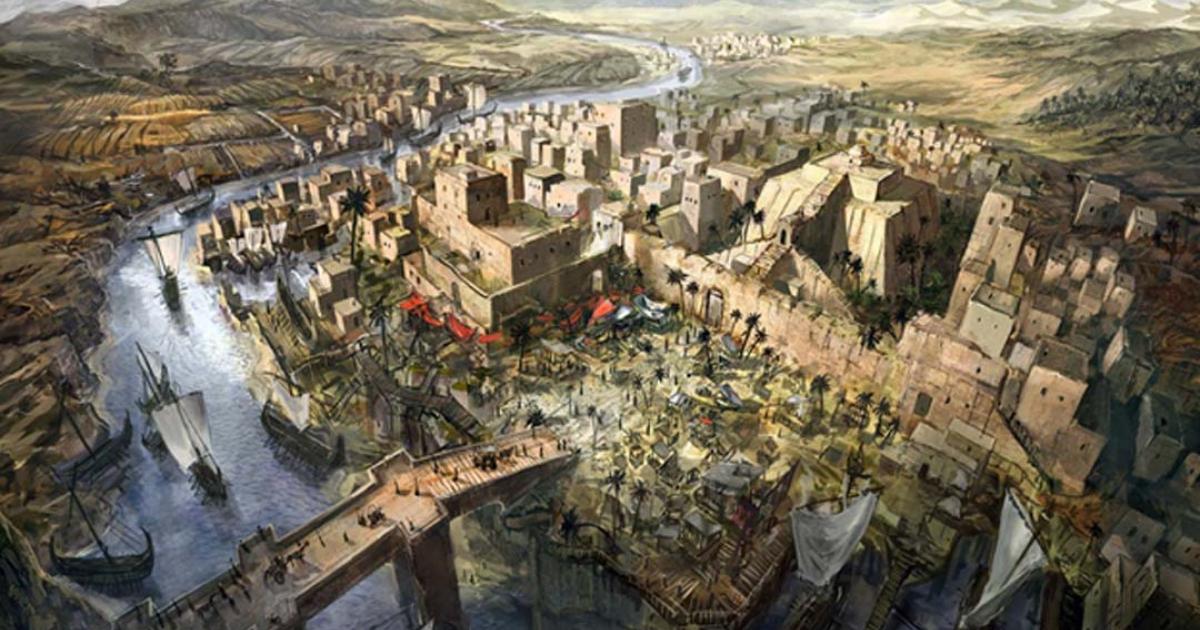
Α very important city was recently unearthed in Northern Iraq by an international team of archaeologists from the University of Tübingen, a university town in central Baden-Württemberg, Germany. The team has been performing excavation work for the past few months almost 28 miles (45 kilometers) outside the newly found city, which according to many historians and experts belonged to the Akkadian Empire (2340-2200 BC), one of the first empires in history.
First Empire in History
Widely considered as the first empire of the world, the Akkadian Empire was created by King Sargon of Akkad who invaded all the neighboring areas and pushed his influence and power farther north toward the Taurus Mountains where he conquered parts of Lebanon from the Hurrians. To the east, Sargon successfully invaded western Elam, while he also captured Magan in Oman. Sargon went on calling himself Sarru-Kinu Sargon which translates to “Sargon the True King”, and ruled all the conquered territories between the Mediterranean Sea and the Persian Gulf until his death in 2279 BC. His dynasty would become a powerful empire that would last for over a hundred and fifty years and one of the greatest of its contributions was the Akkadian language, which was the main language of trade and cultural exchange at the time. Also, the capital city that gave its name to the empire and civilization, Akkad, was another contribution of King Sargon who founded the city in 2340 BC in honor of the Goddess Ishtar.
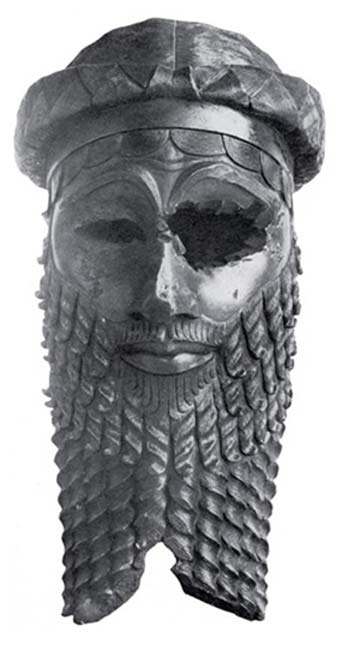
Bronze head of Sargon of Akkad was the first Mesopotamian ruler to control both southern and northern Babylonia, thus becoming the king of Sumer and Akkad and inaugurating the Akkadian Empire. (Wikimedia Commons)
A Little Corner in Iraq Has Been Hiding Thousands of Years of History
Past Horizons reports that the site that is situated at a crossroad of ancient civilizations and is now home to the small Kurdish village of Bassetki in the Autonomous Region of Kurdistan, has an unexpected rich history and a great variety of ancient cultural ruins. According to the team of archaeologists and scientists, led by Dr. Peter Pfälzner from the University of Tübingen and Dr. Hasan Qasim from the Directorate of Antiquities in Dohuk, the settlement was founded almost five thousand years ago and flourished for more than 1,200 years. Its historical significance and importance is highlighted from the finds discovered during the excavation work, while many archaeologists speculate that the city had already constructed a massive wall by 2700 BC, in order to protect its civilians from invaders. The team also discovered pieces of Assyrian cuneiform tablets going back to 1300 BC, which indicate the existence of a temple dedicated to the Mesopotamian weather god Adad on this site.
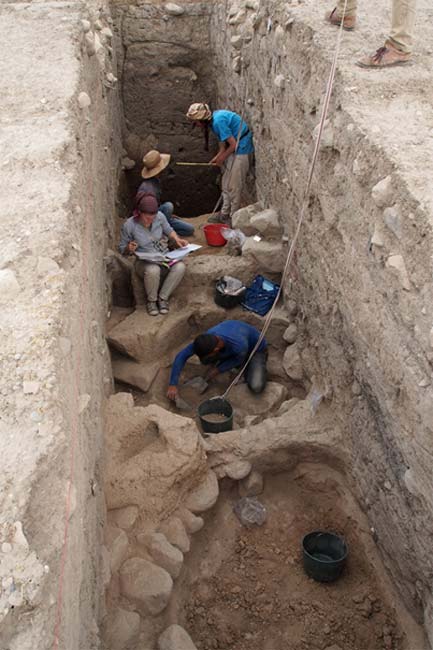
Excavating down to the Bronze Age layers. Image: P. Pfälzner
Adad – The God of Weather
Adad, also known as Ramman, was the God of weather, hurricanes, storms, thunder and rain of the Babylonian and Assyrian pantheon. He had a double sanctuary in Assur which he shared with Anu, the earliest attested Sky Father deity in Sumerian religion, also known as "King of the Gods". Adad is often portrayed with a horned helmet holding lightning and thunderbolts. He’s usually also depicted riding or standing near a bull or lion-dragon. Worshipers also referred to Adad the “Lord of Foresight”, because of his ability to predict the future.

Stele of god Adad on a bull with a thunderbolt in hand (CC 2.0 / Rama)
Back to Modern-Day Iraq
Despite the sociopolitical circumstances in the area and Iraq being a warzone for the past few years, the mission of the team wasn’t as dangerous or risky as some might falsely think. As the archaeologists noted, “Although the excavation site is only 28 miles (45 km) from territory controlled by the IS, it was possible to conduct the archaeological work without any disturbances.” [via Past Horizons]
That makes them optimistic for the future and they hope to return in the area to continue their excavations and the research work during the summer of 2017. Professor Peter Pfälzner reassure us, “The area around Bassetki is proving to be an unexpectedly rich cultural region, which was located at the crossroads of communication ways between the Mesopotamian, Syrian and Anatolian cultures during the Bronze Age. We’re therefore planning to establish a long-term archaeological research project in the region in conjunction with our Kurdish colleagues.”
Top image: Illustration of Mesopotamia. (Jeff Brown Graphics)
By Theodoros II



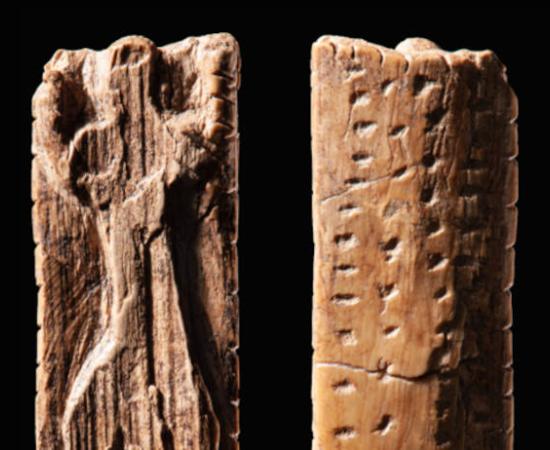
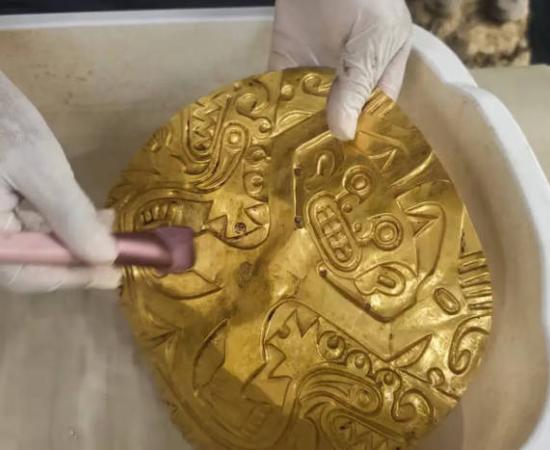
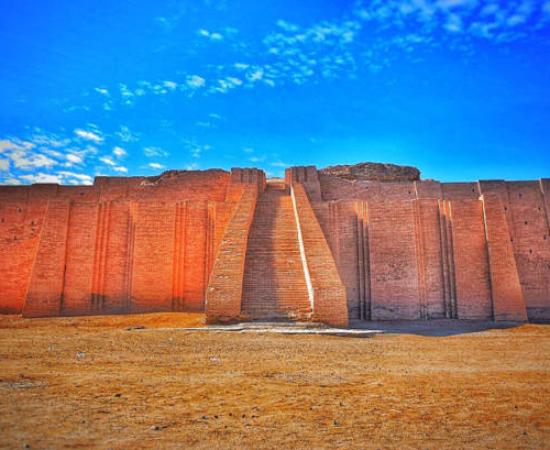

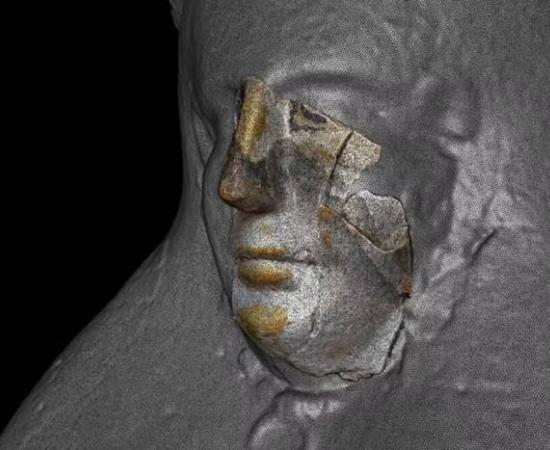
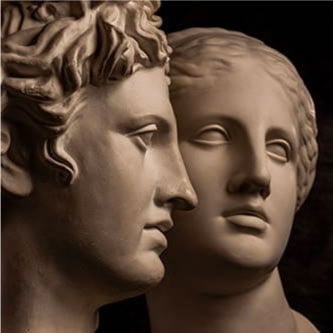
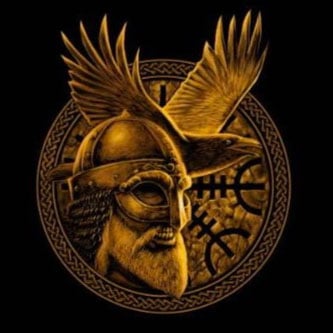
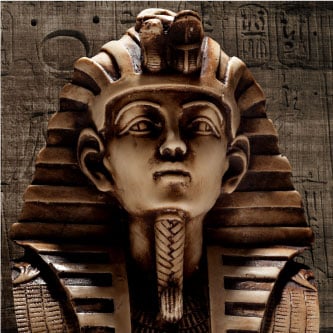





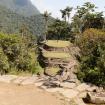
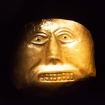
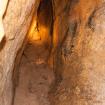
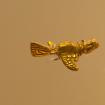

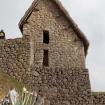
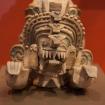


Founding of Akkad
Permalink
The article says Sargon founded Akkad. Yet the Wikipedia article on the Akkadian Empire states: Although the city of Akkad has not yet been identified on the ground, it is known from various textual sources. Among these is at least one text predating the reign of Sargon. Together with the fact that the name Akkad is of non-Akkadian origin, this suggests that the city of Akkad may have already been occupied in pre-Sargonic times.[12][20] Please advise. RichardOtt